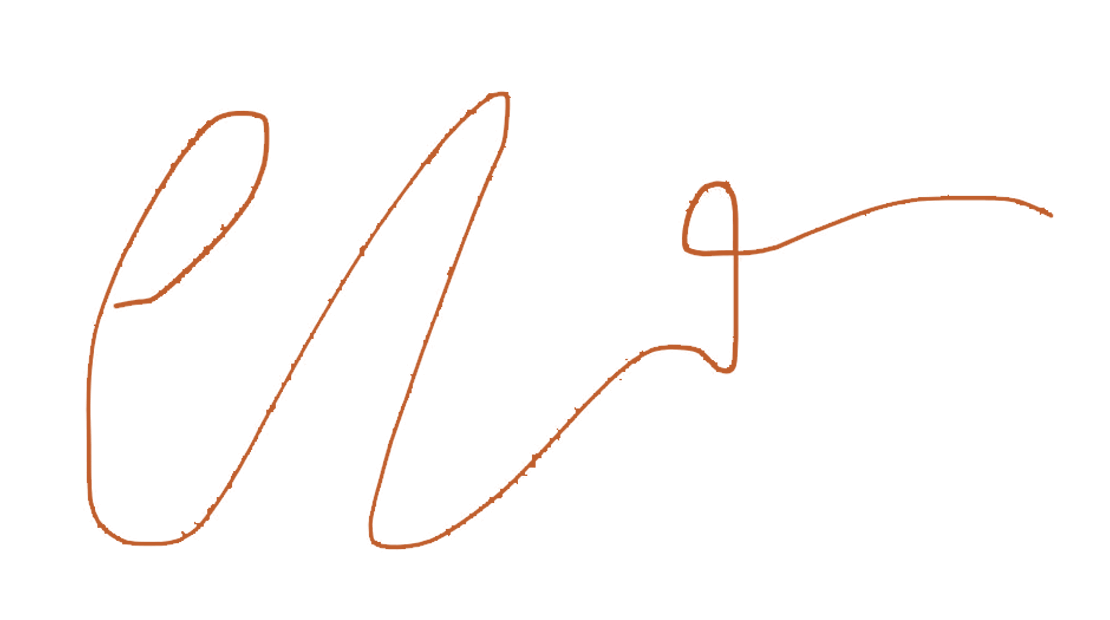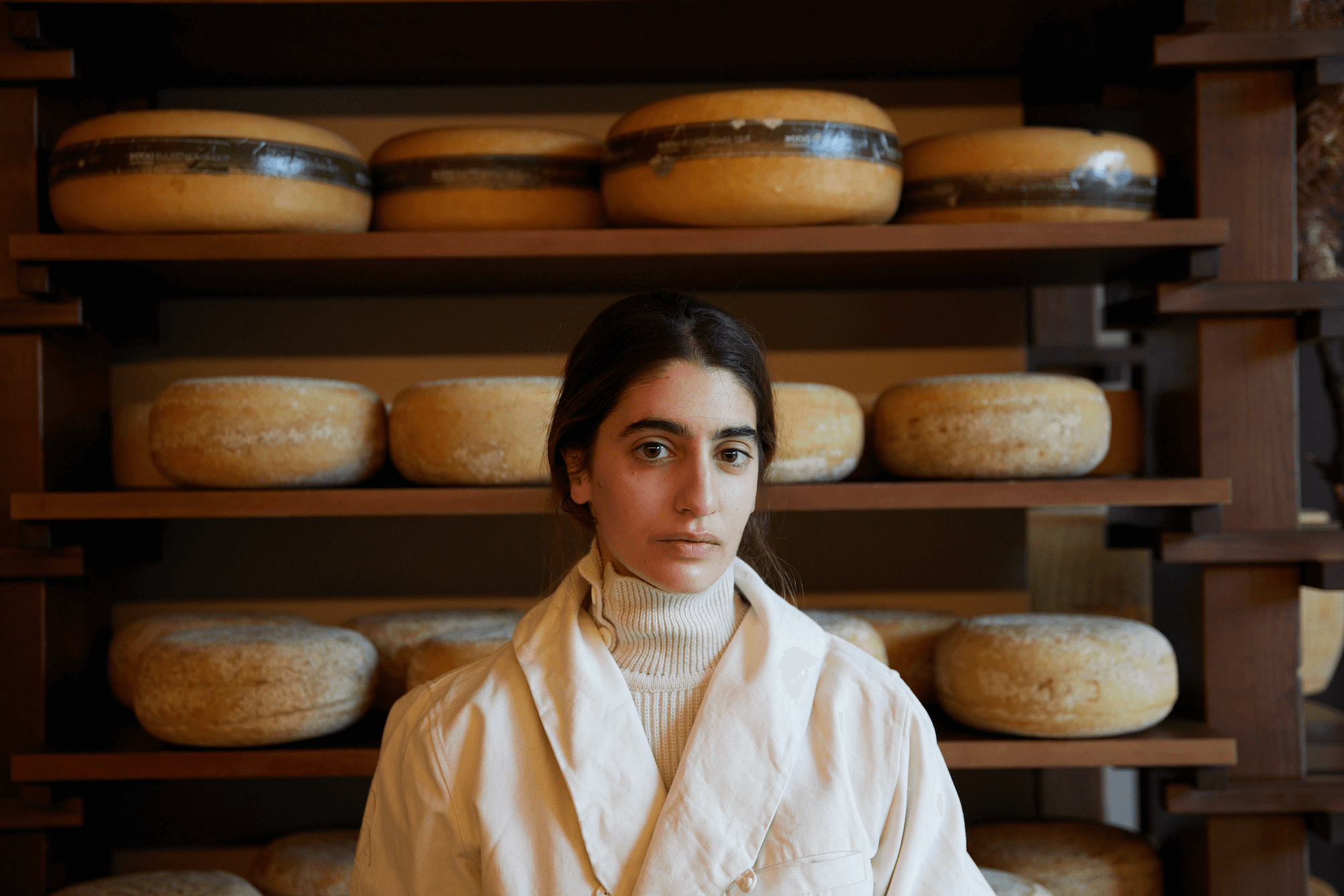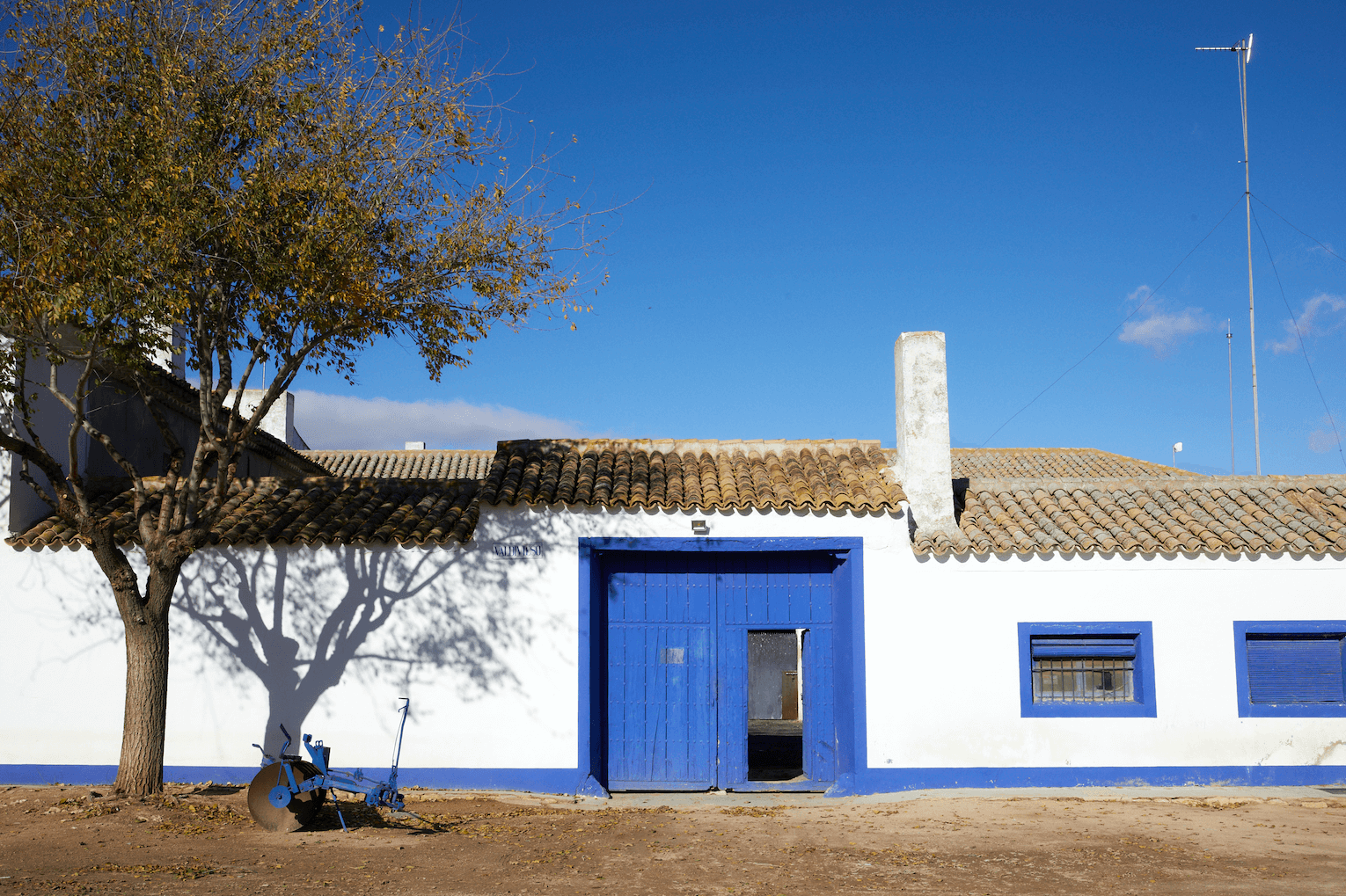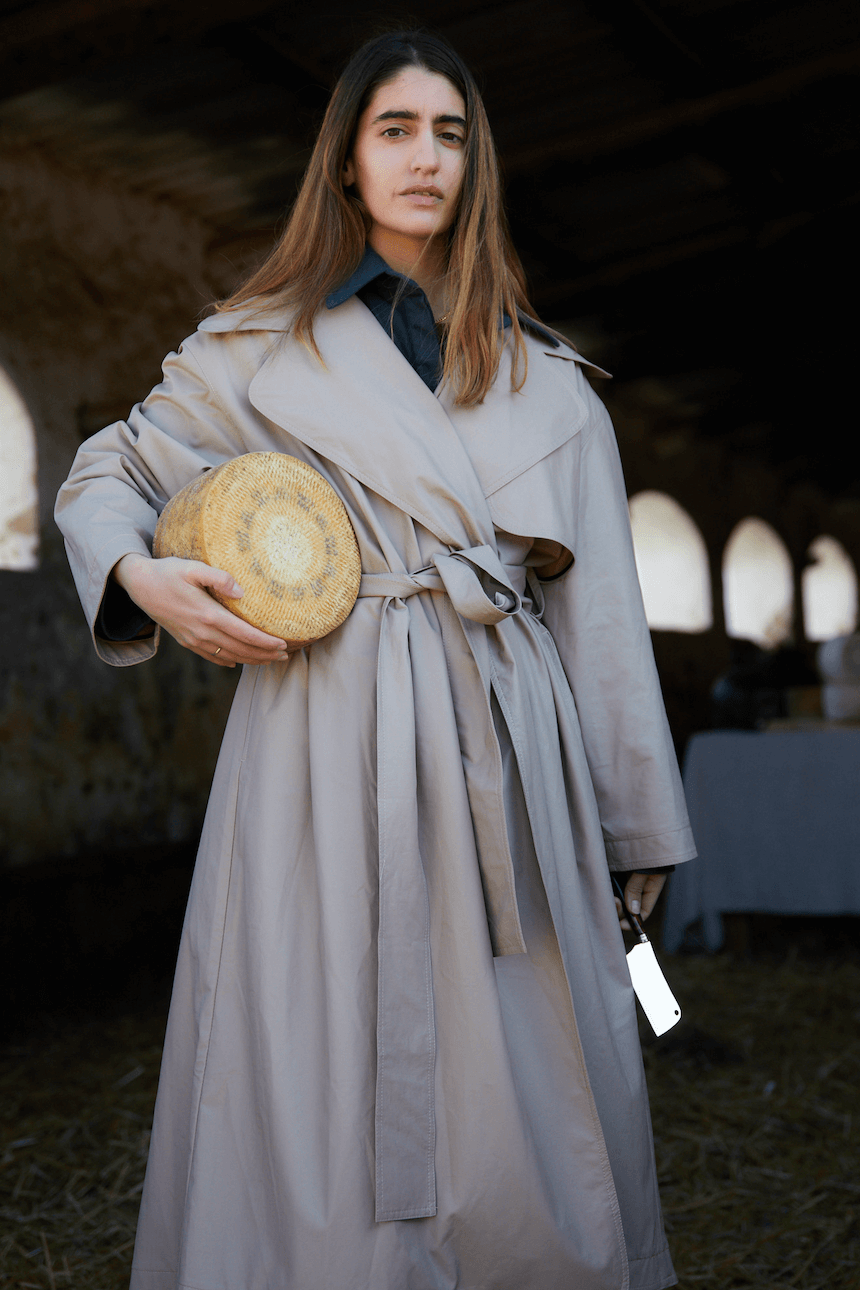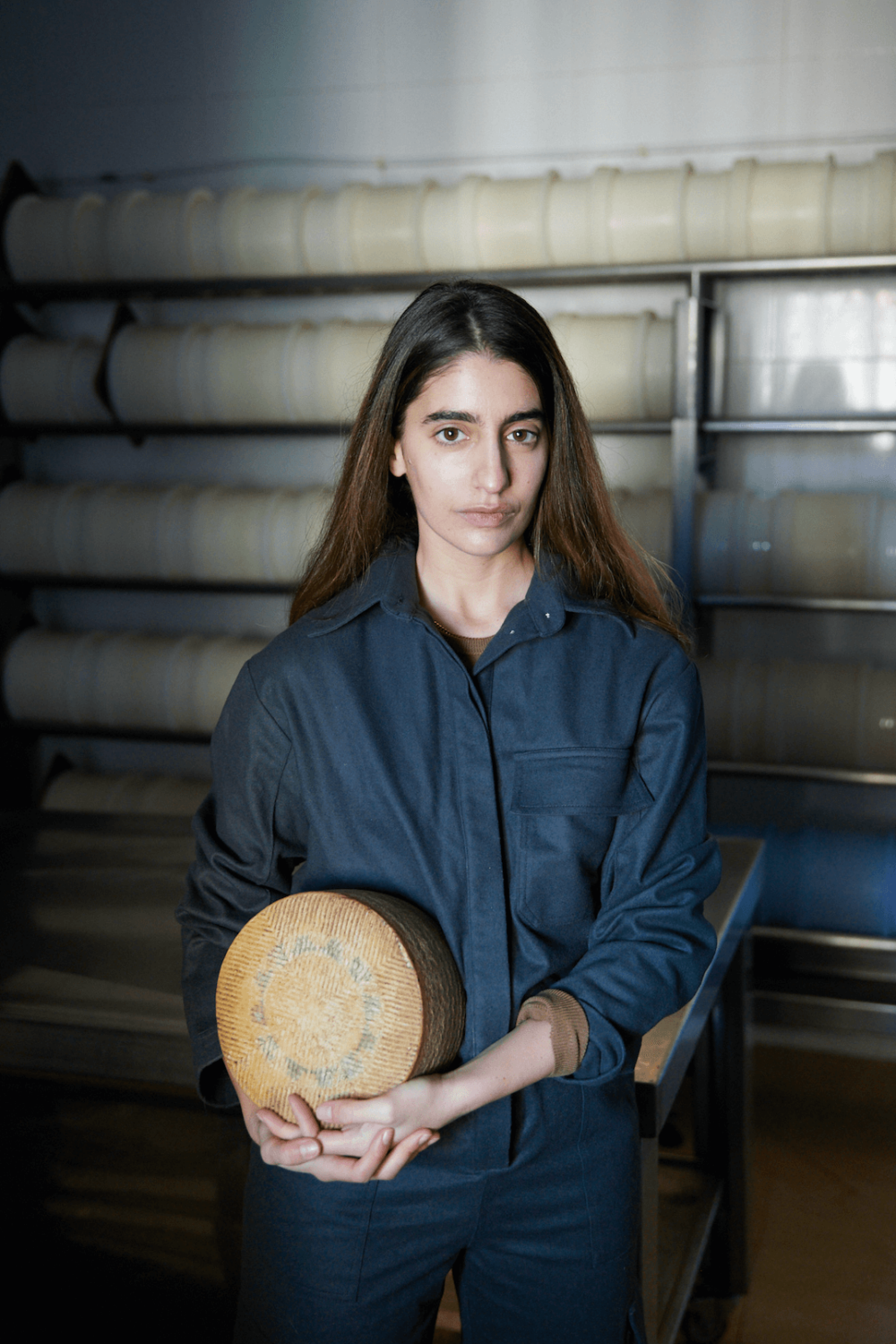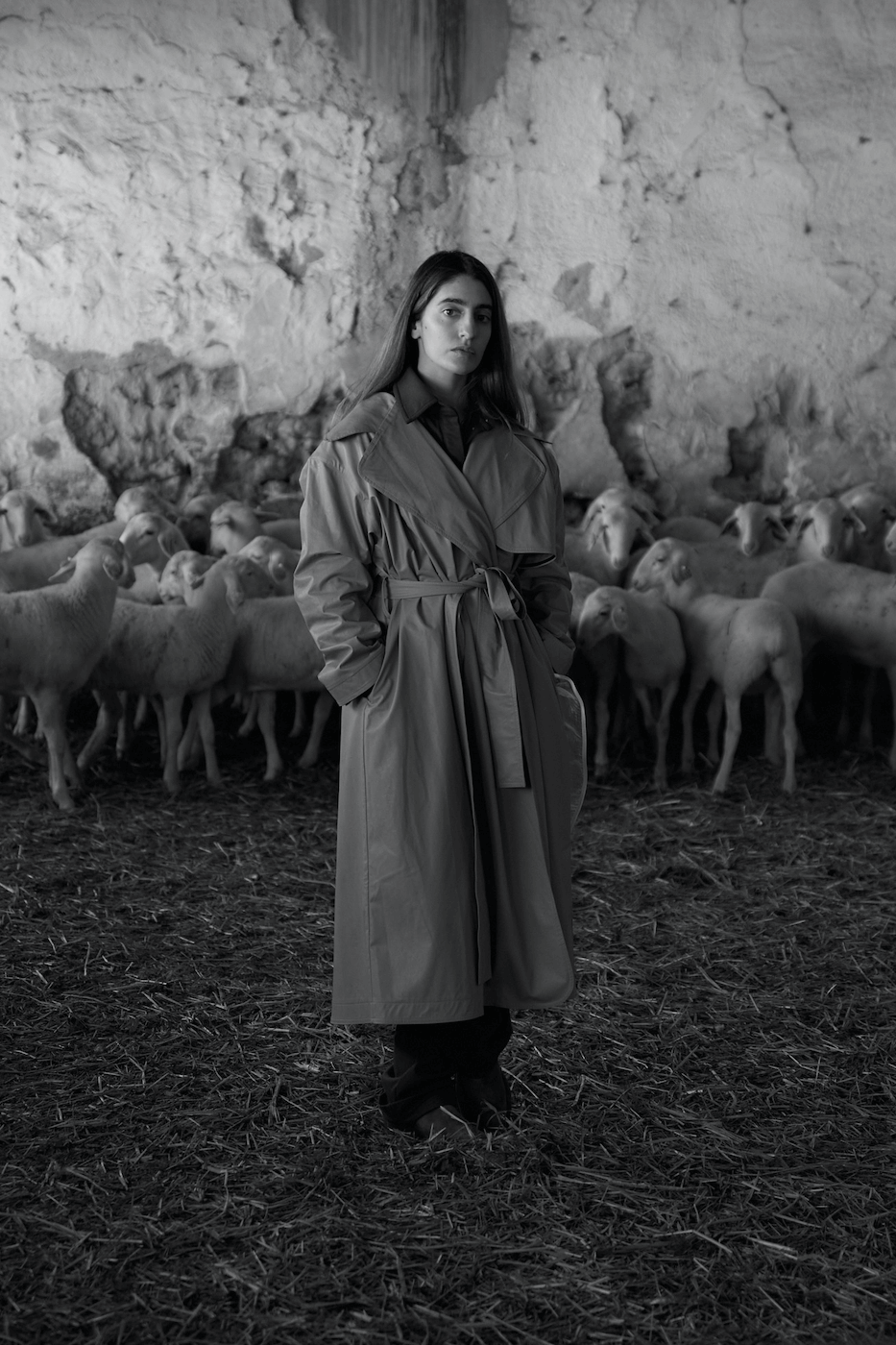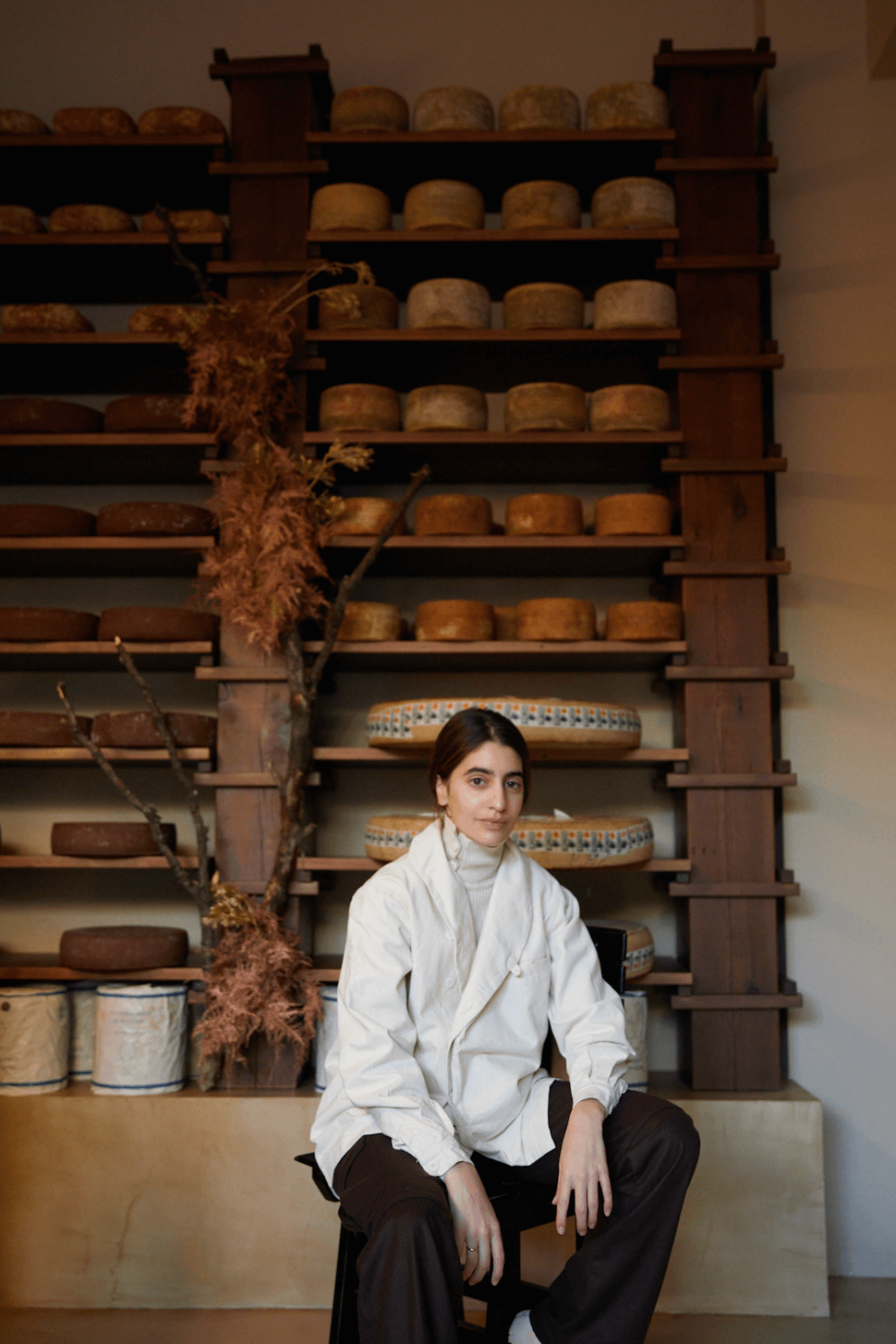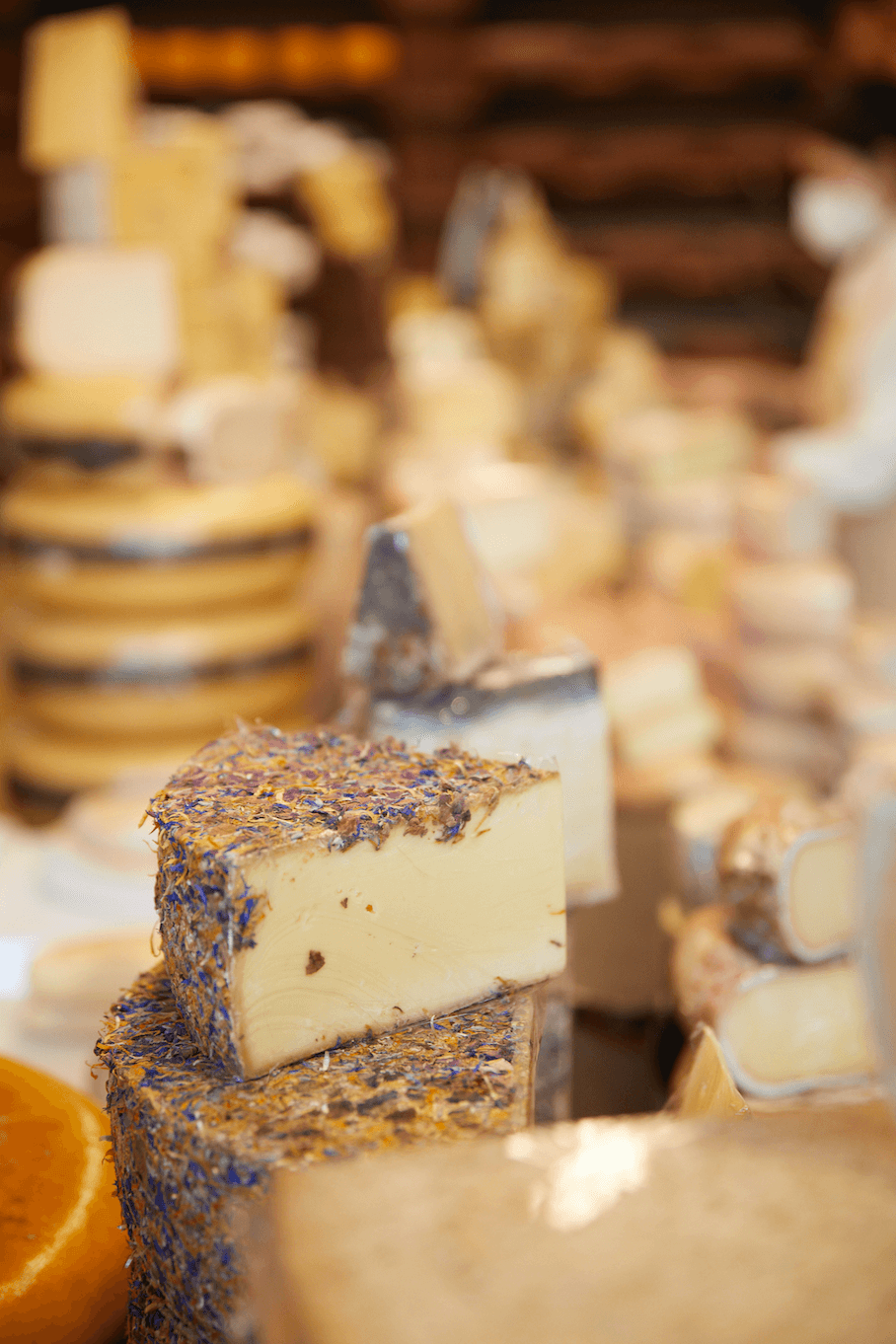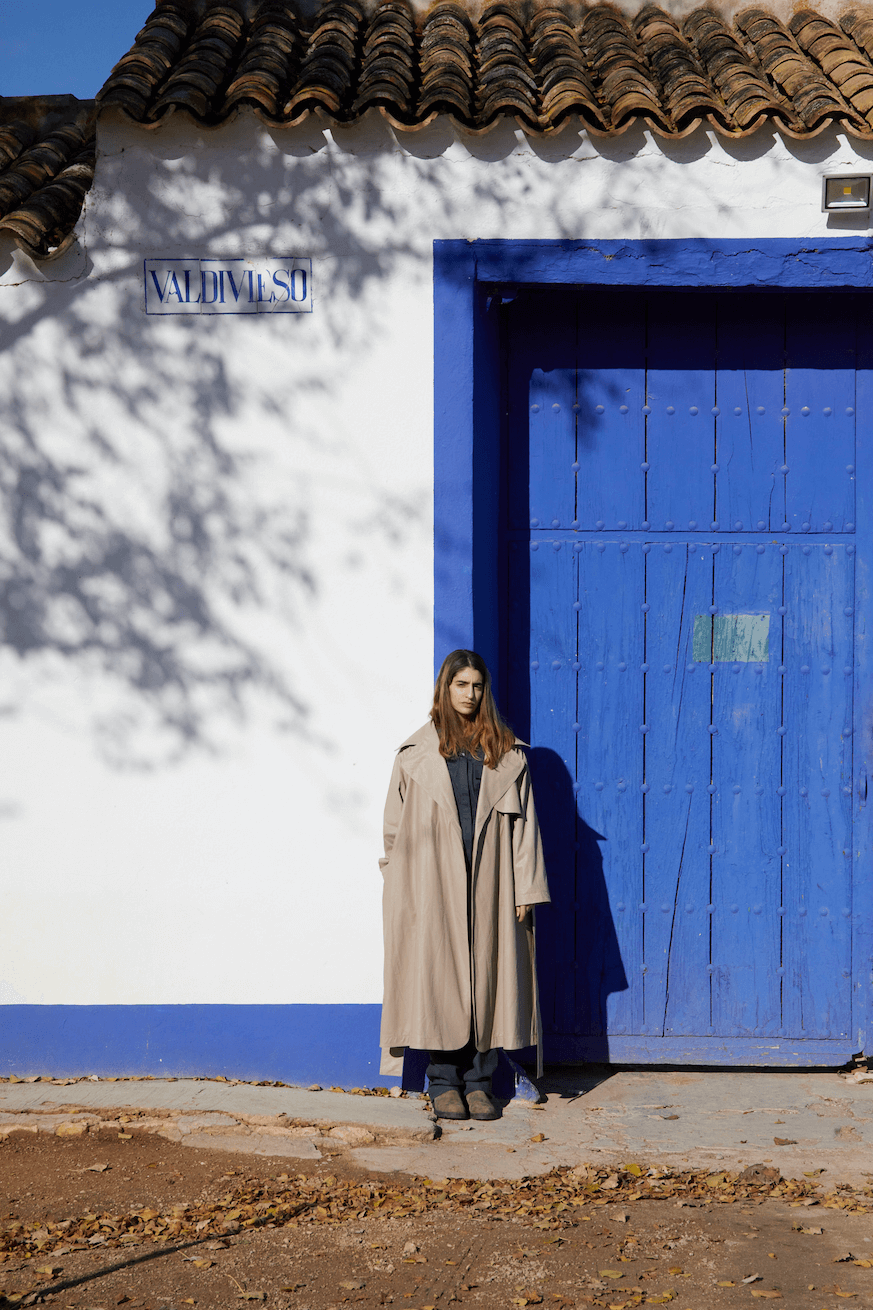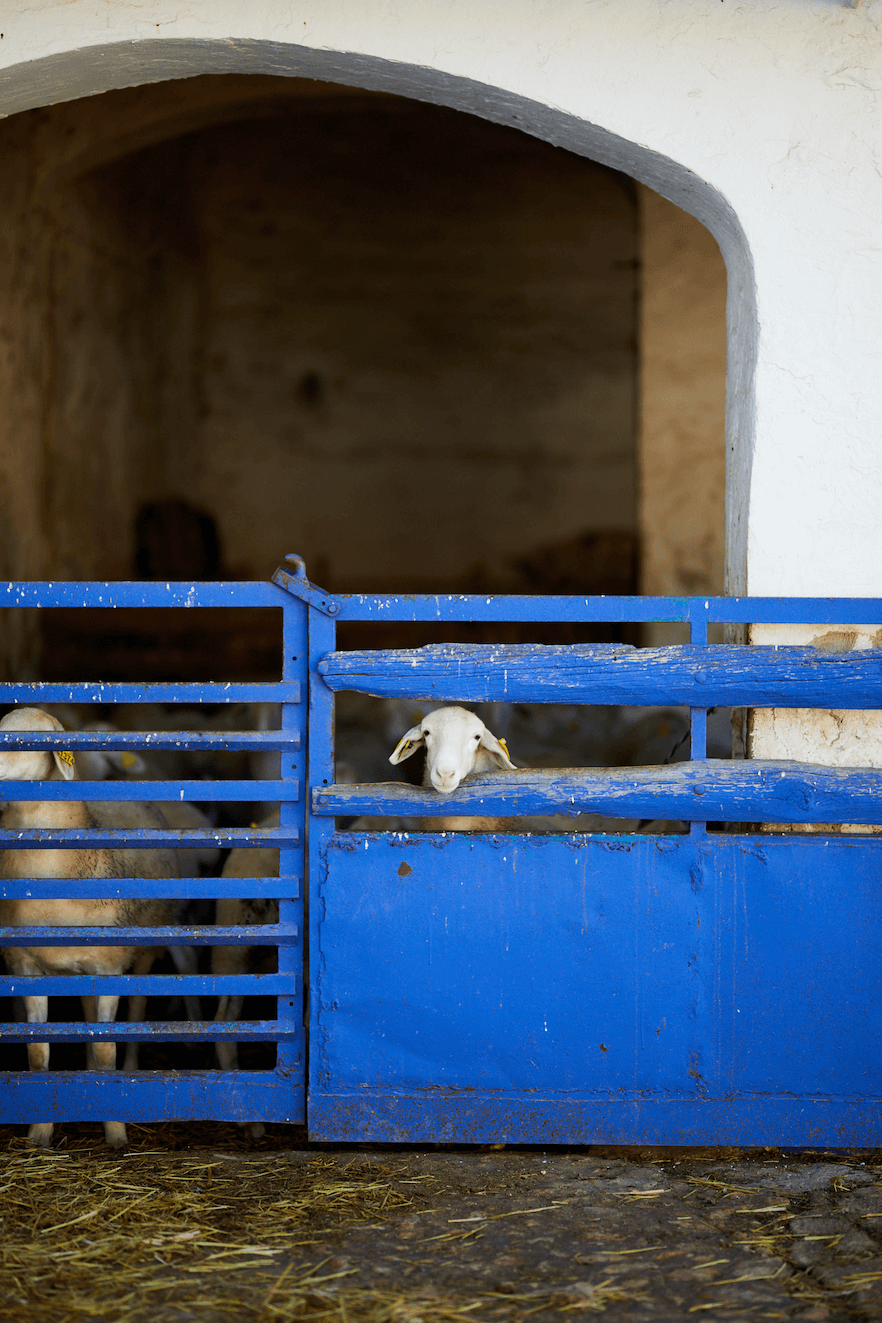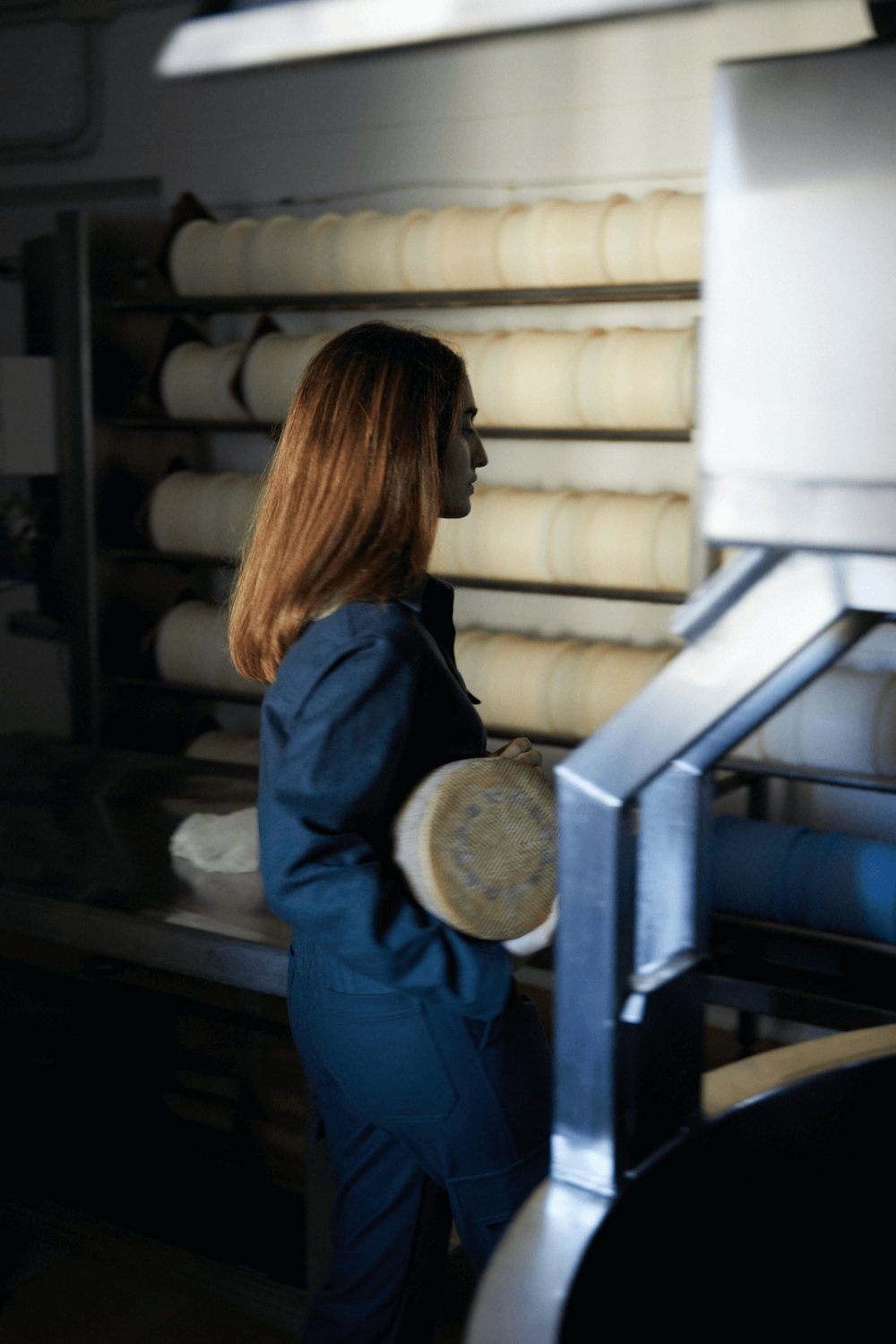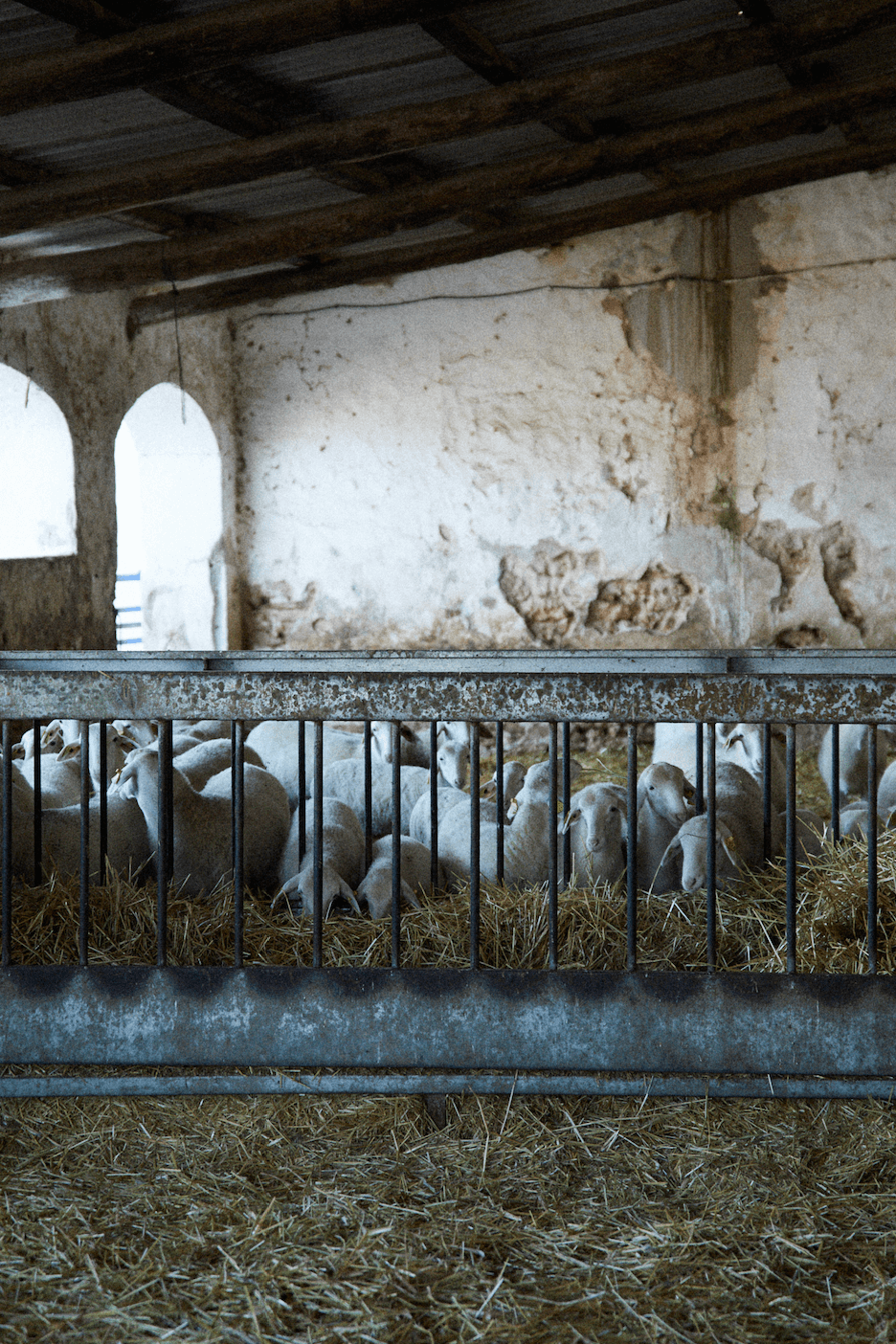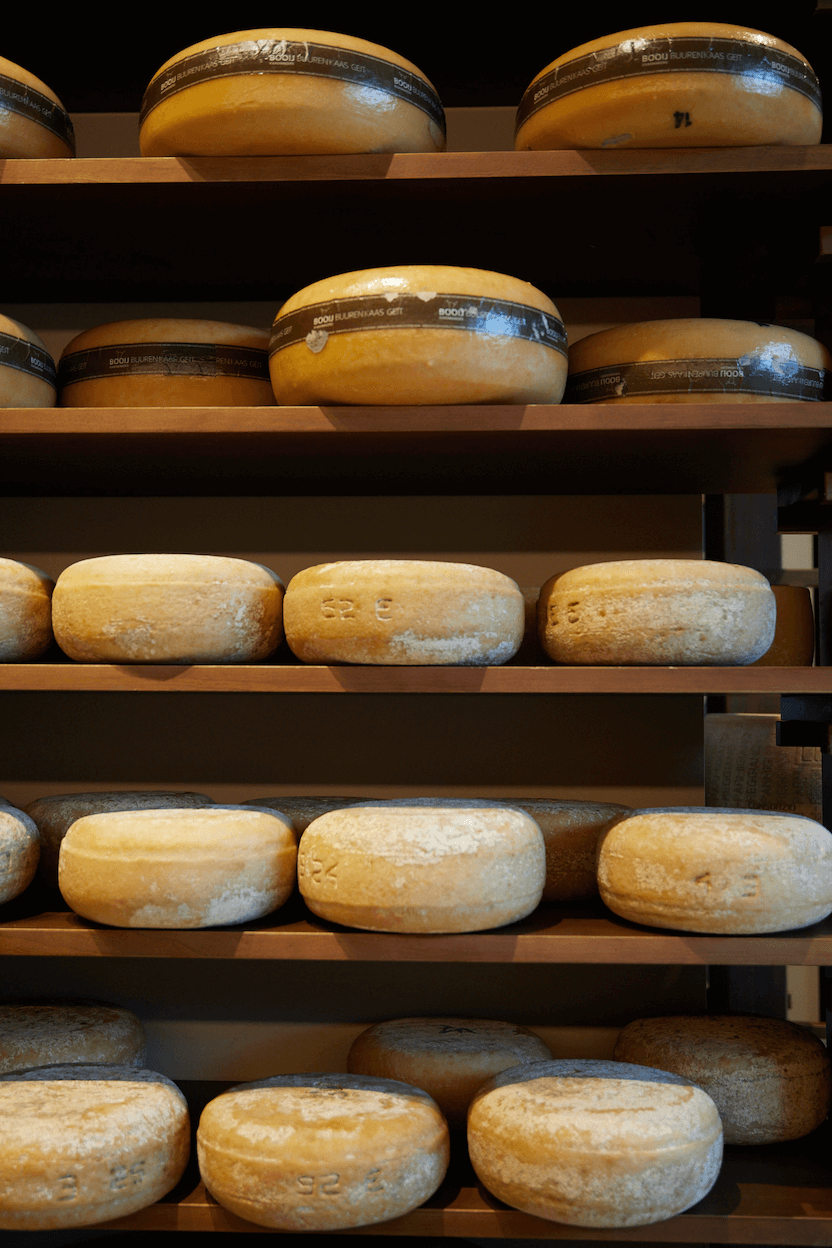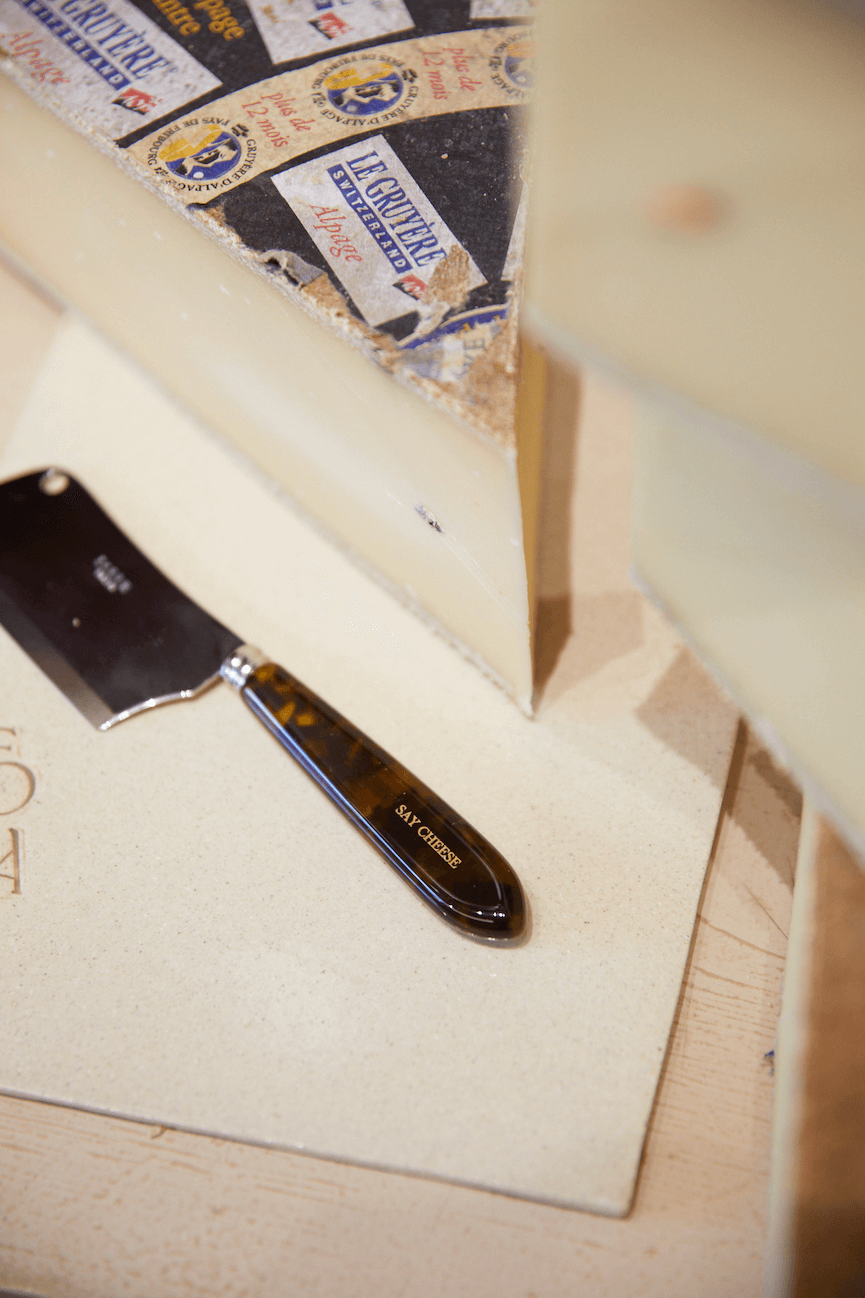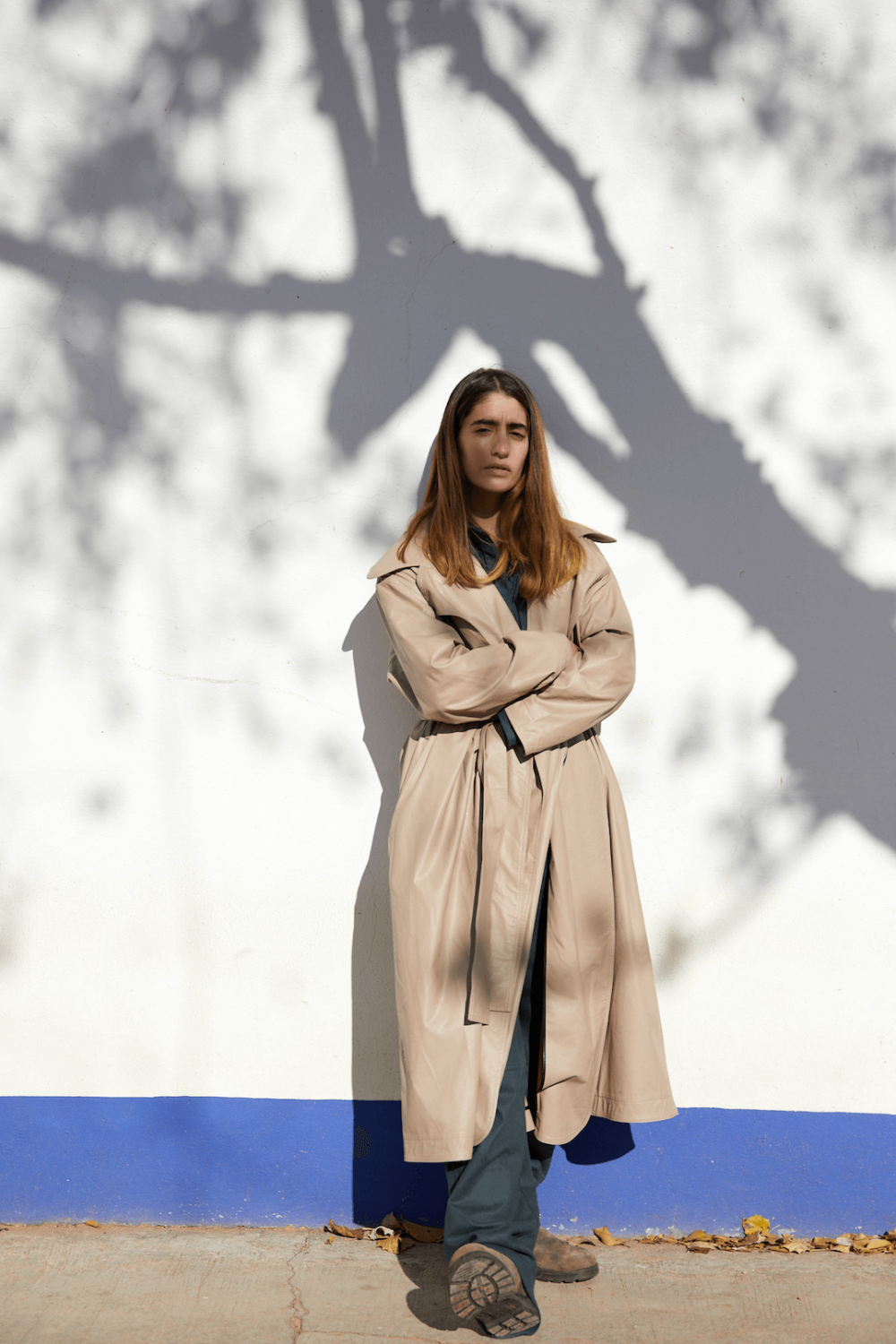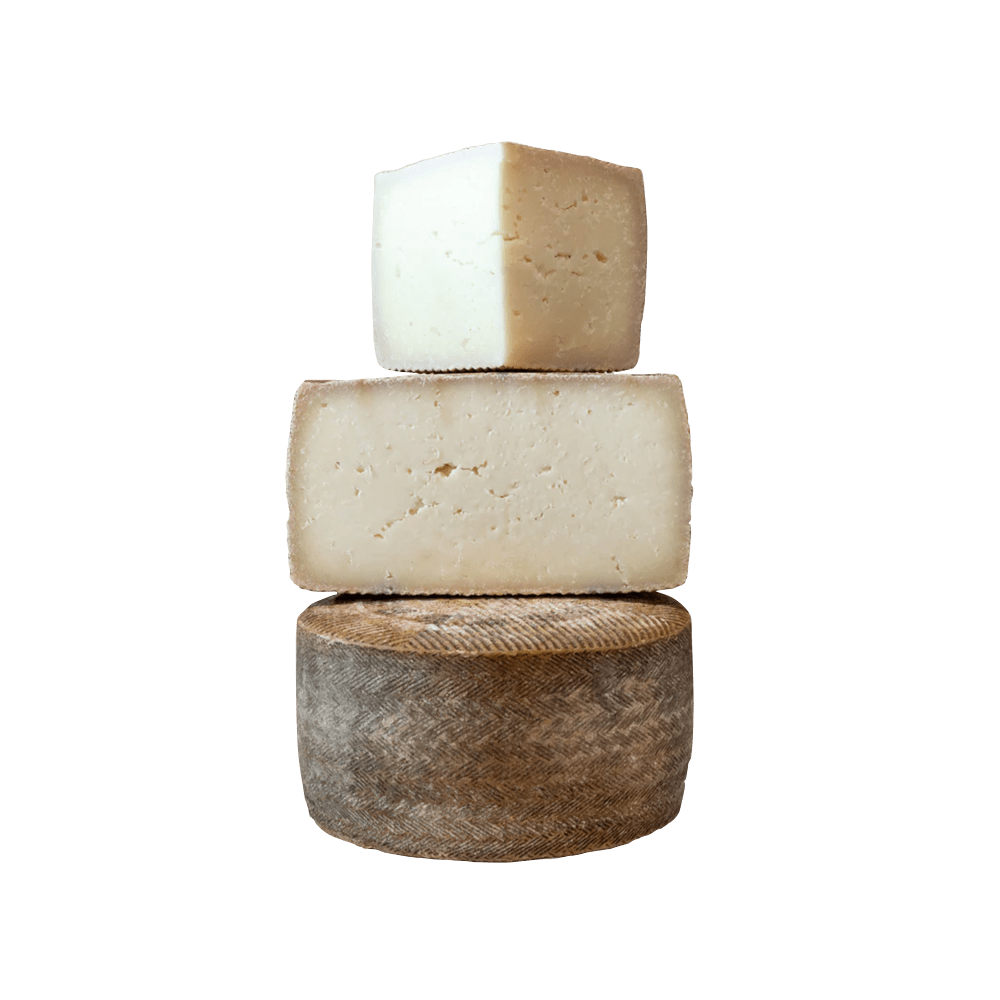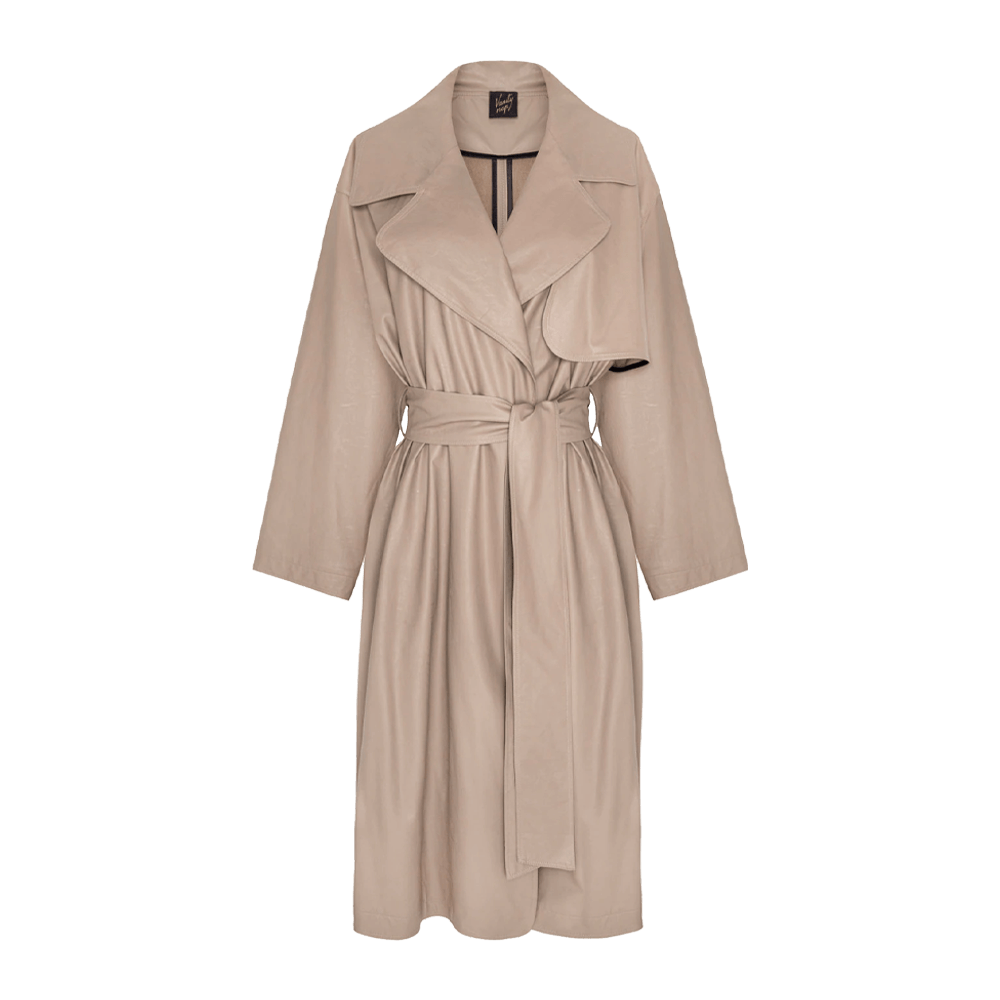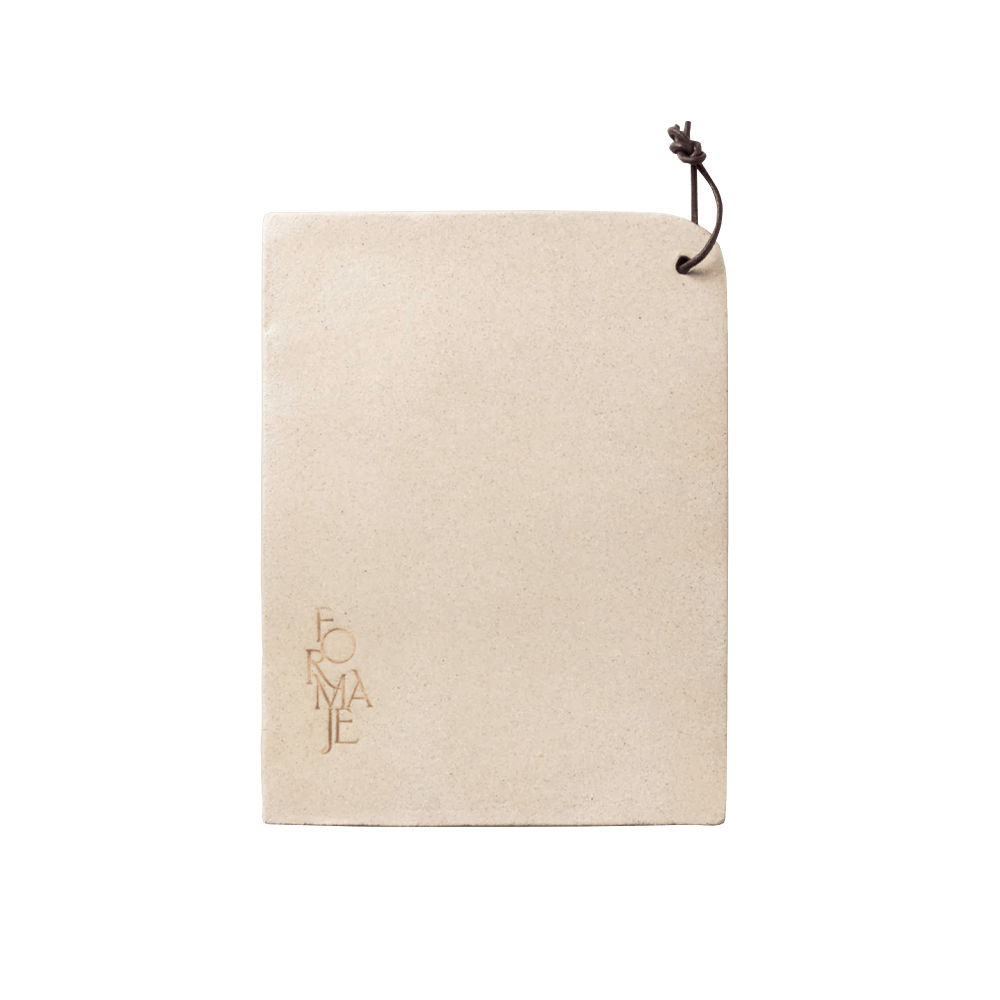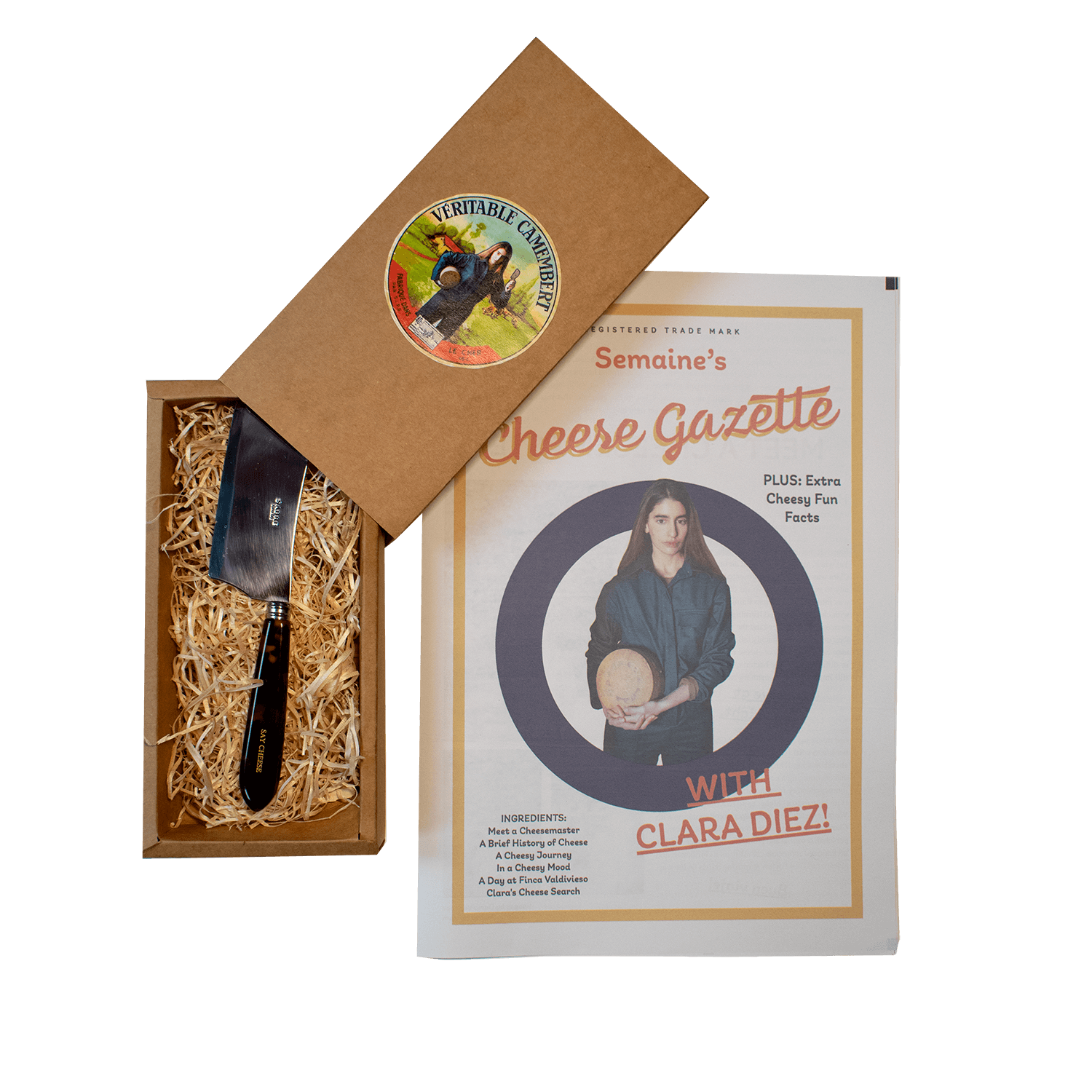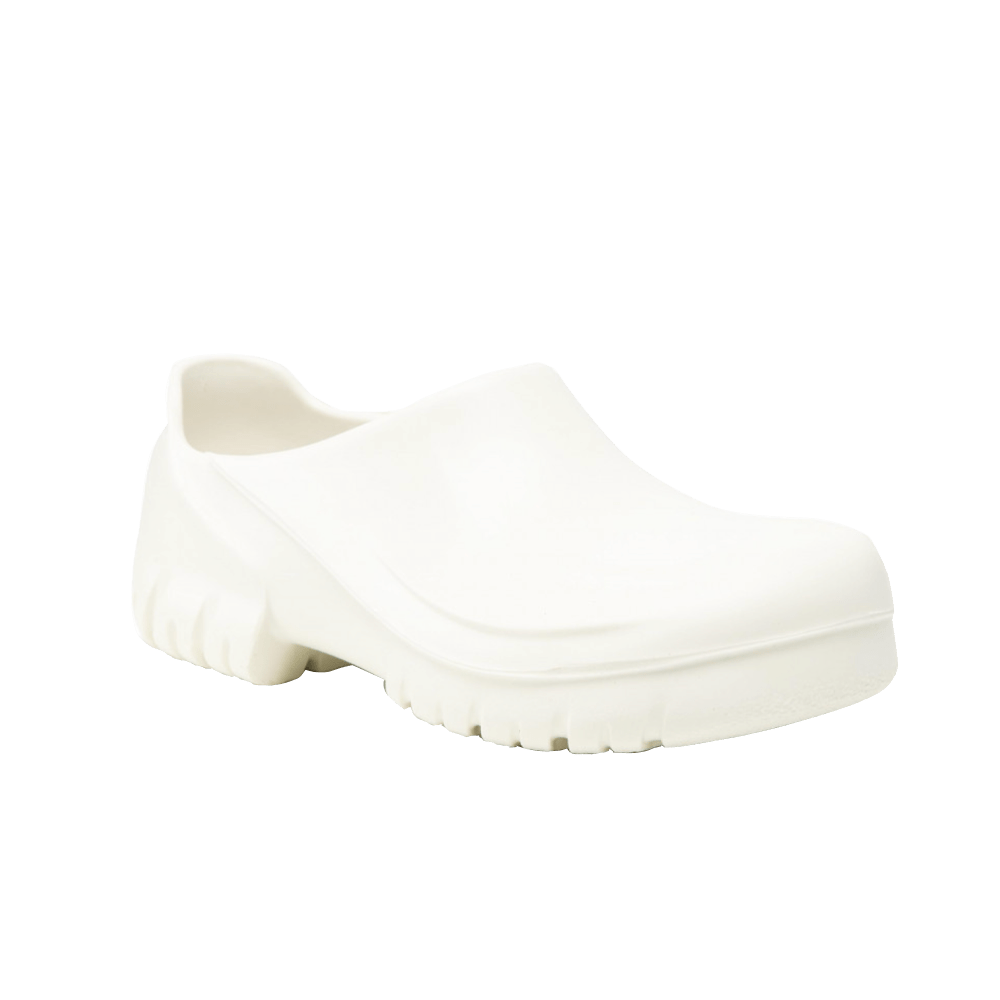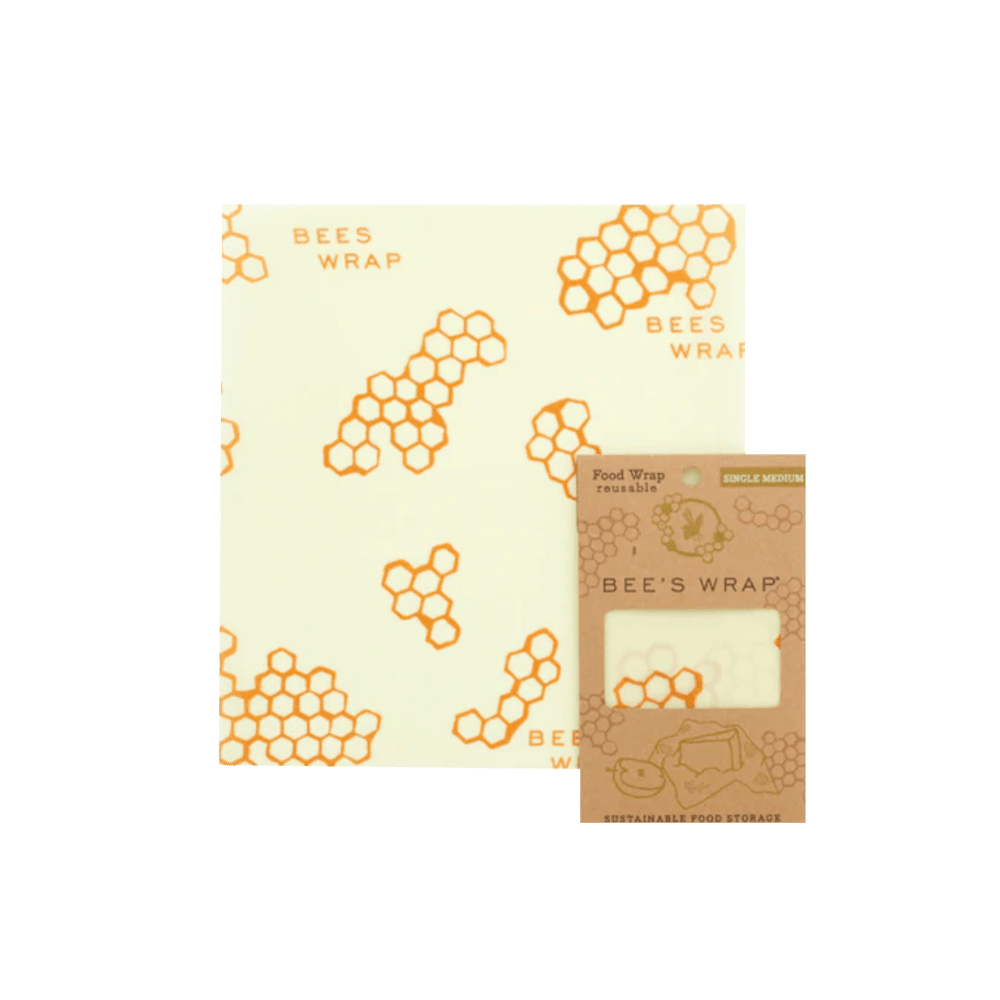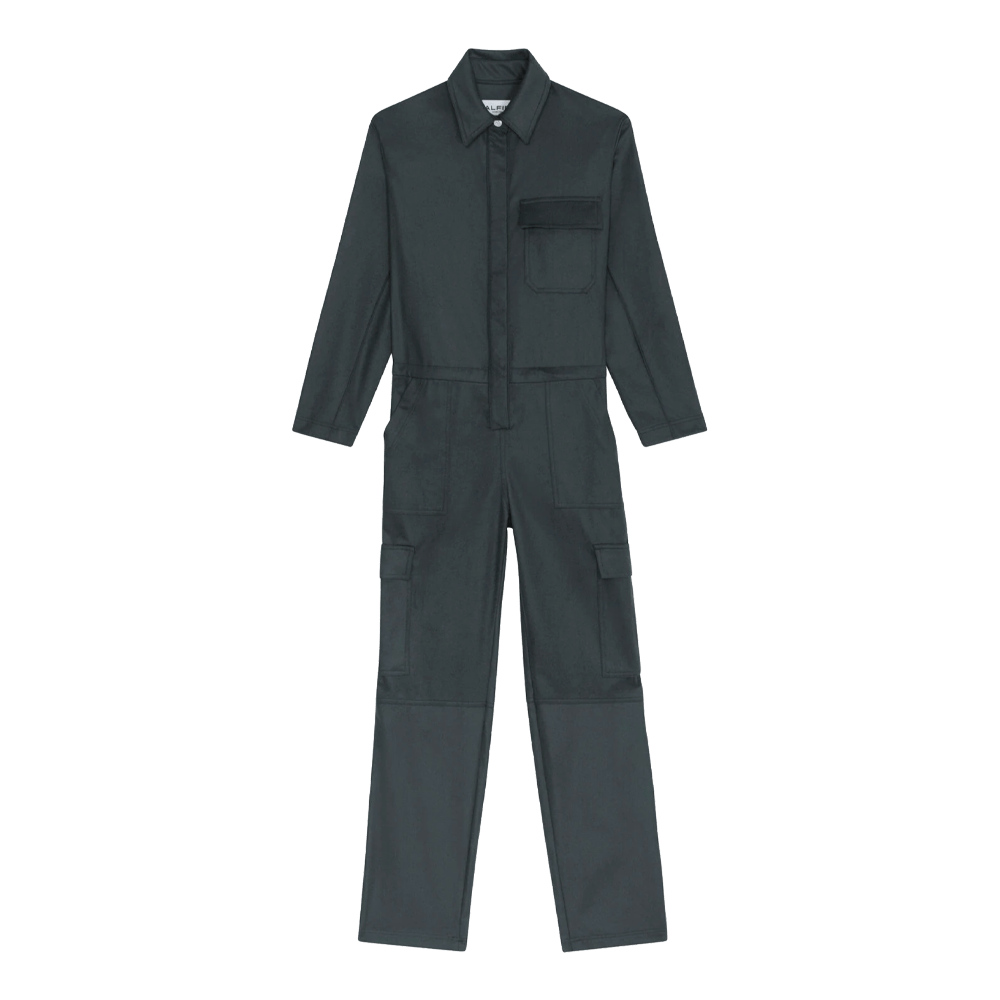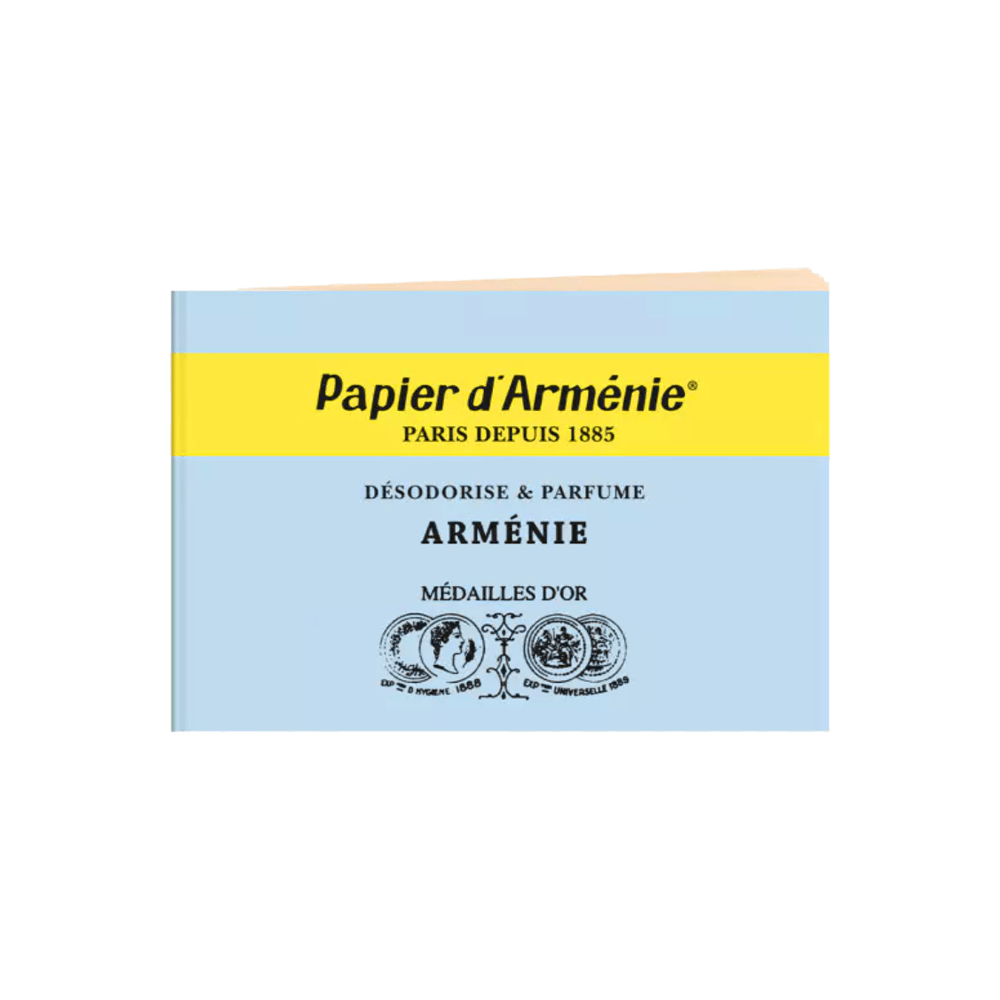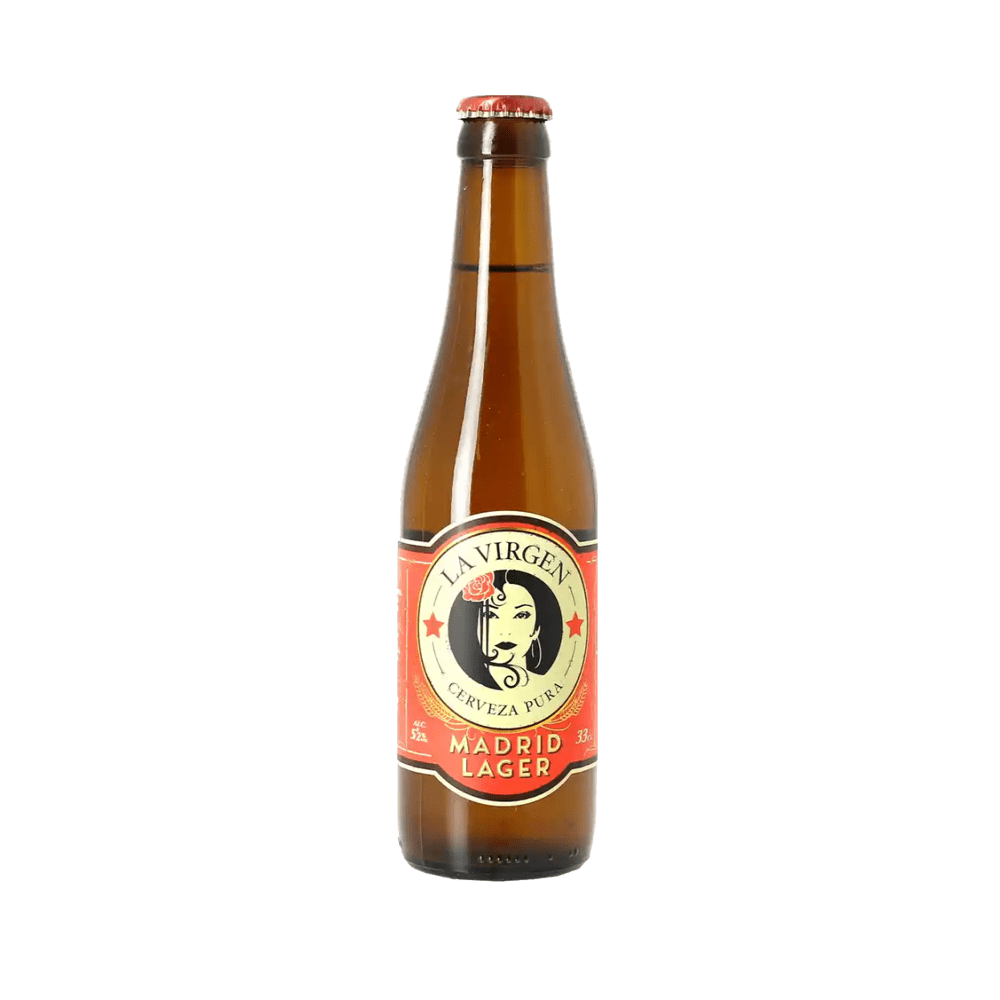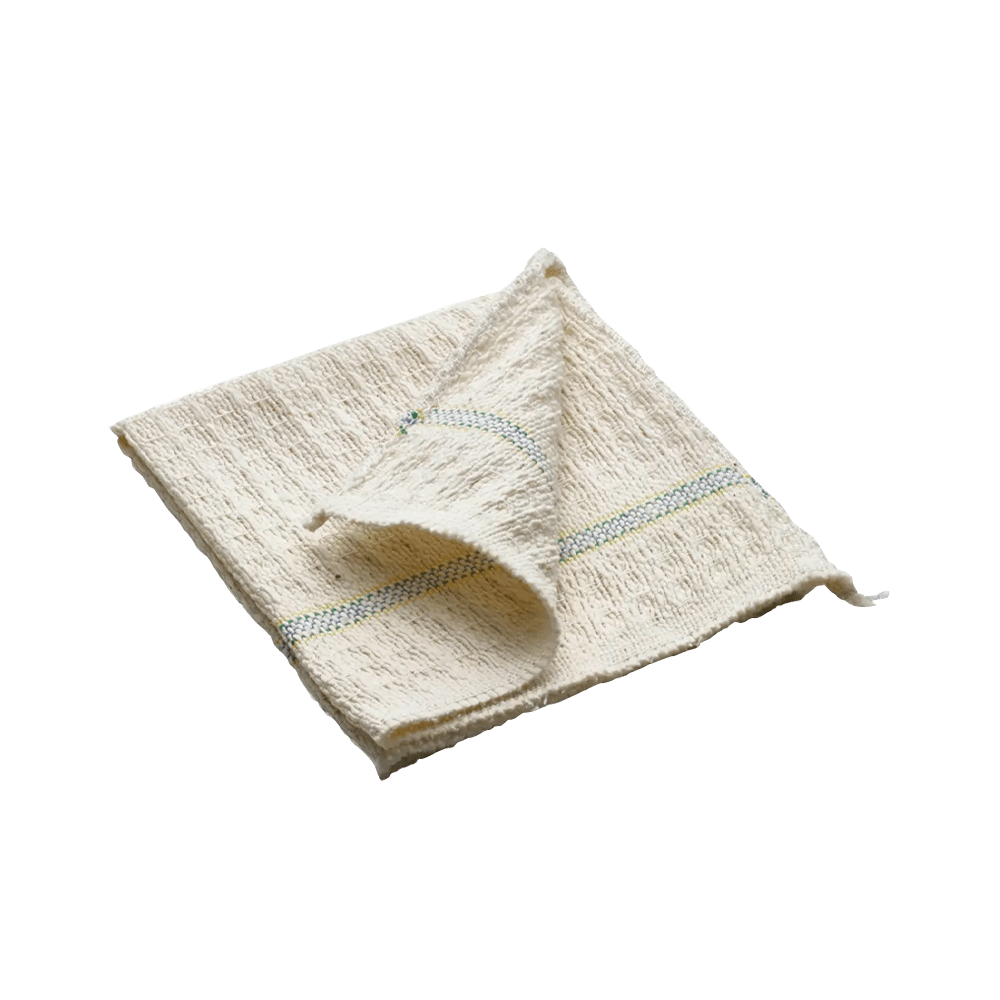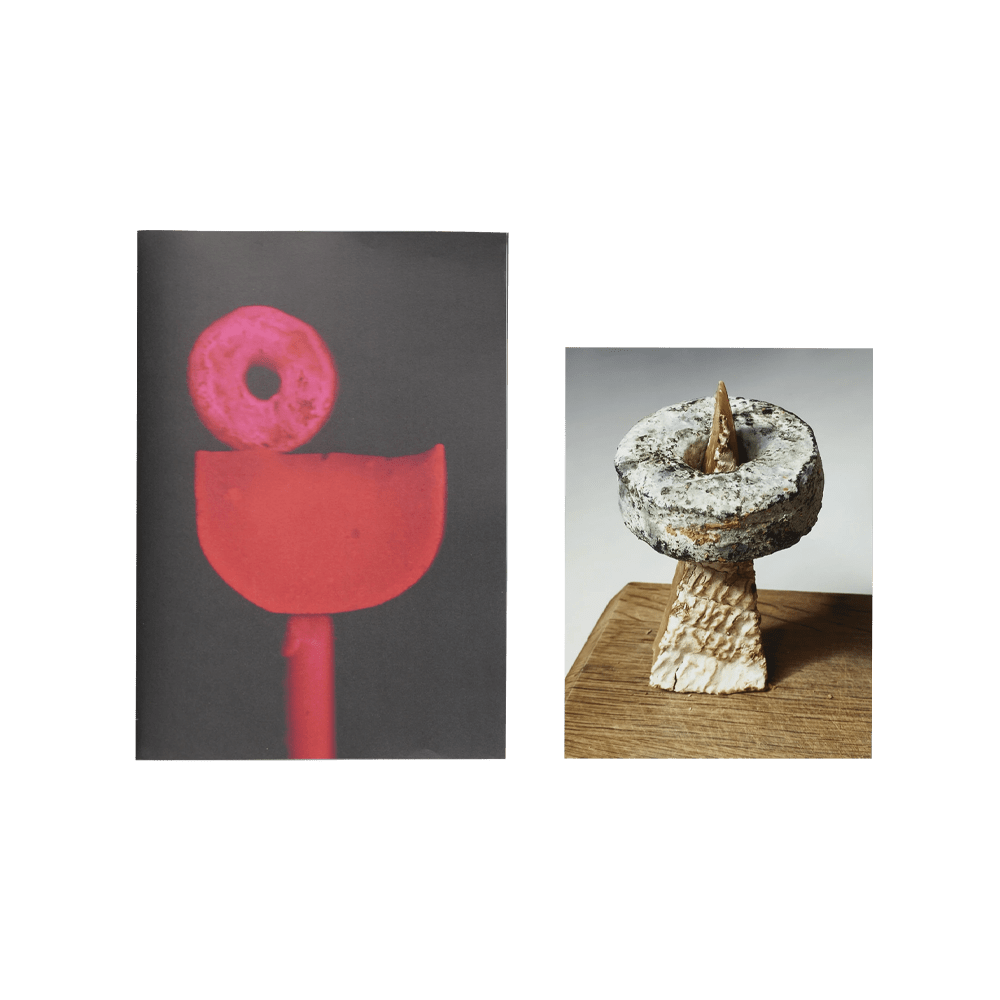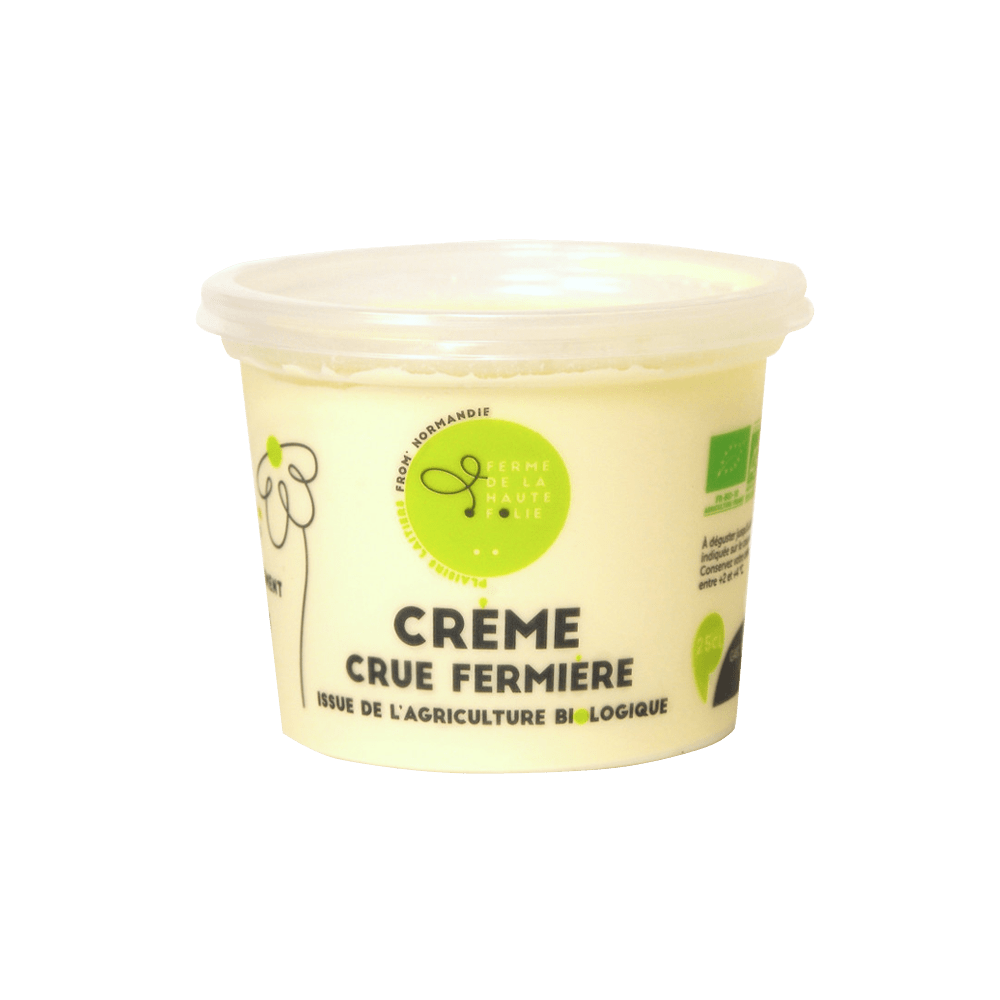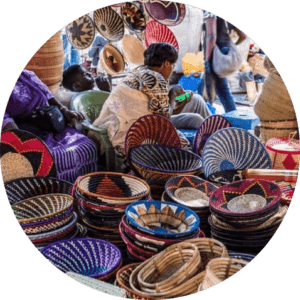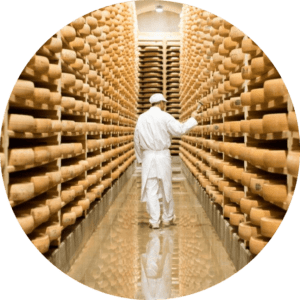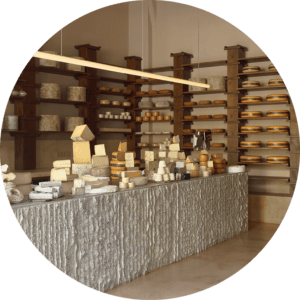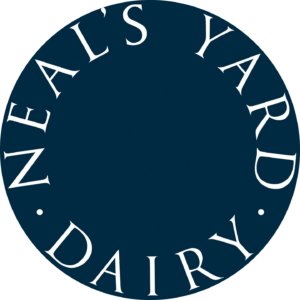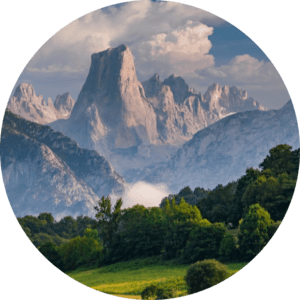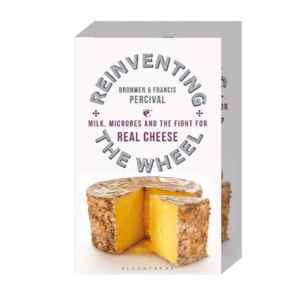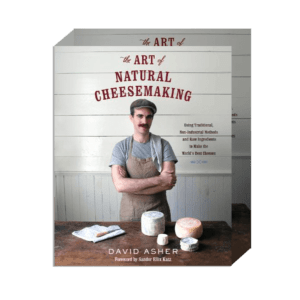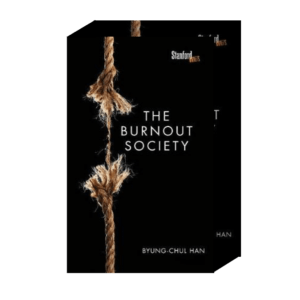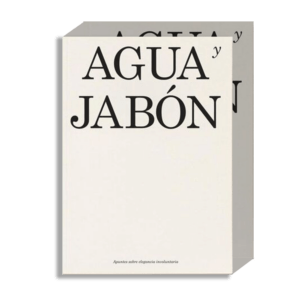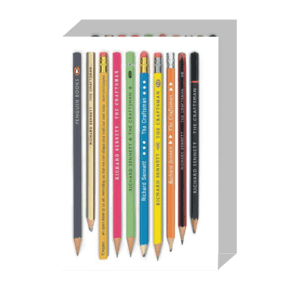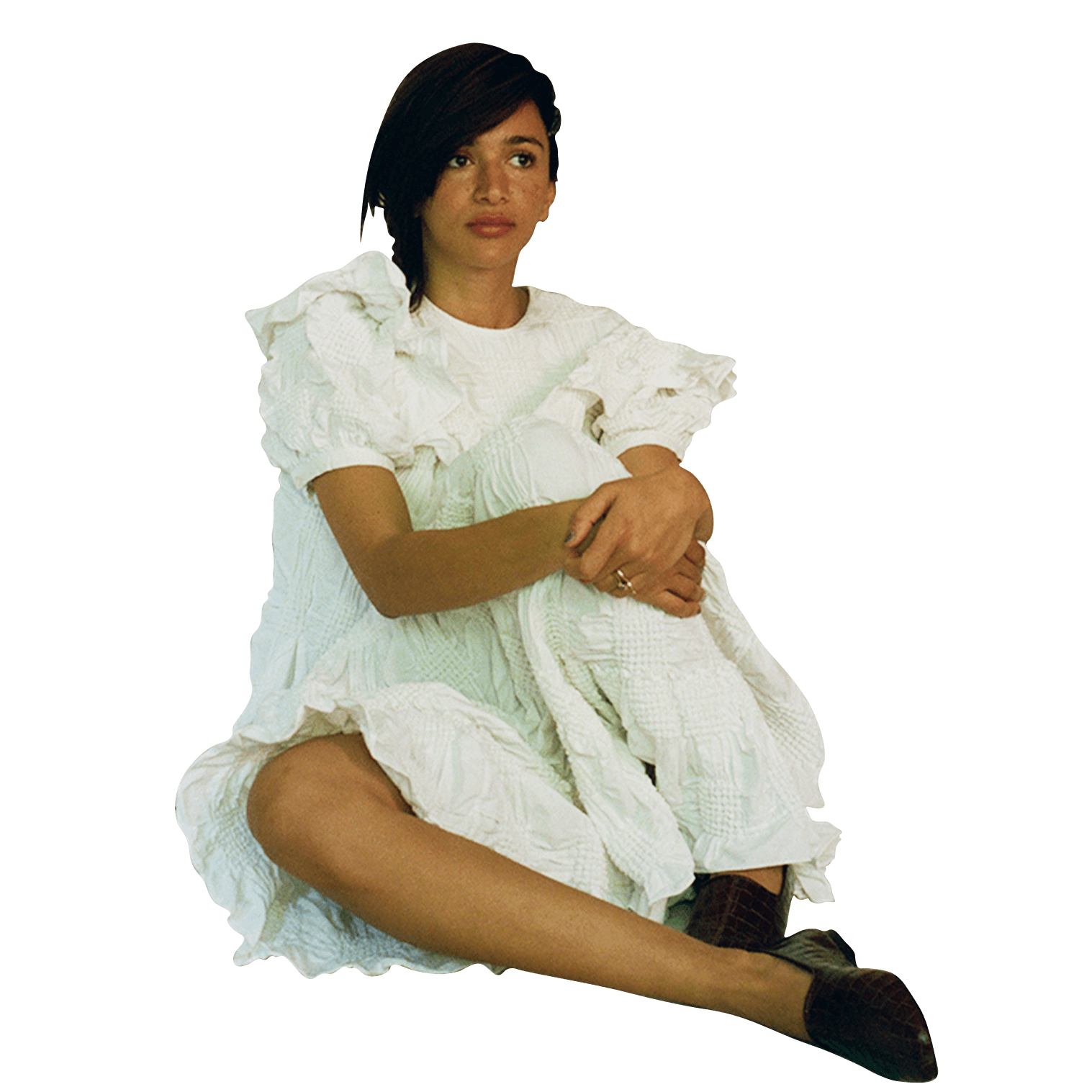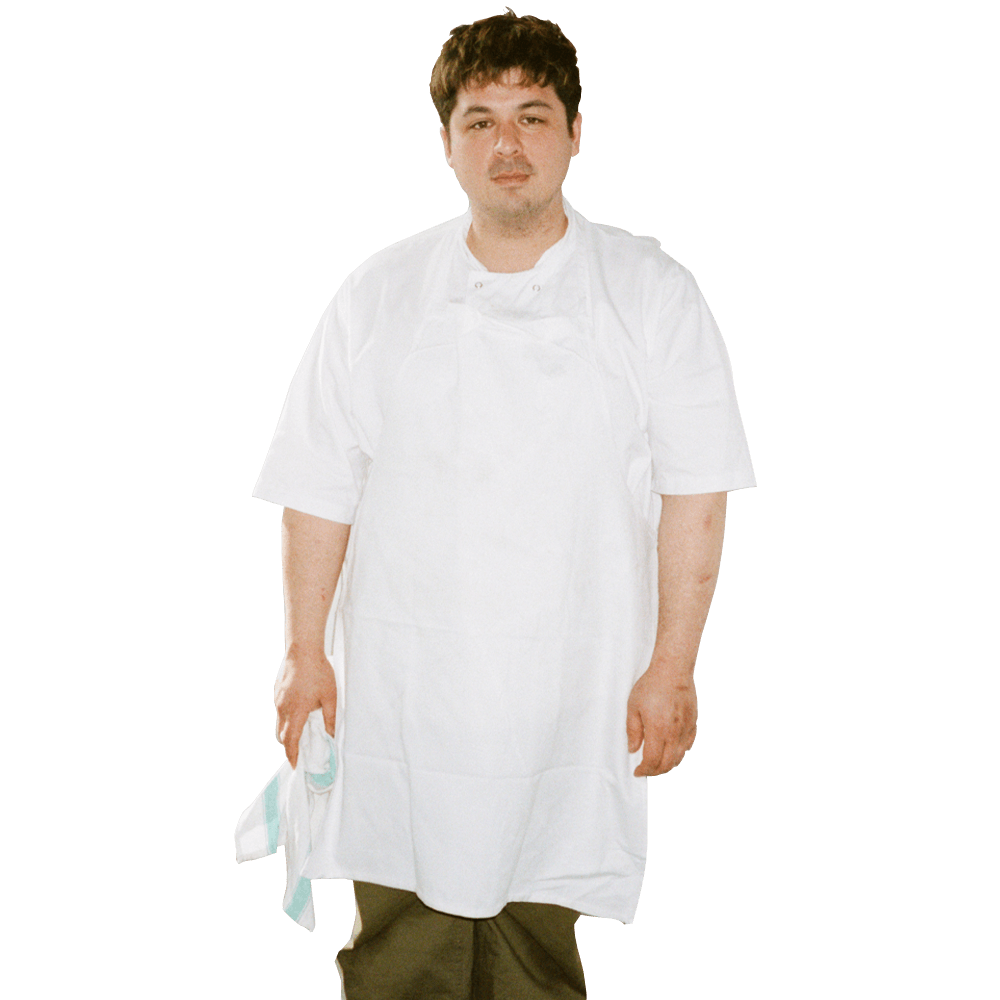Clara Diez is a cheese activist. The concept isn’t a familiar one, and she knows it. “People seem to find it really funny, or interesting”, she laughs, “but I didn’t even think about it when I said it for the first time”. As the founder of the Madrid-based artisanal cheese shop Formaje, Clara is cultivating an appreciation for artisan cheese, but also a conversation around food production and sustainability, and a community around it.
She’s an activist in the sense that she is promoting the appreciation of the underappreciated; or, in her own words, “fighting for the defense of a product that needs help to survive” and “implementing an idea or a concept that does not have a lot of appreciation yet”.
So what is the idea? Good quality cheese, to put it simply. Formaje sells good quality artisanal cheese, with an awareness and celebration of its full story, from the farm to our taste buds. We know where it is from, how it was made, and with it comes a fuller, or “higher experience” of eating: one not just limited to taste, but which communicates and evokes a sensorial, emotional experience. It is promoting a new experience of eating and consuming, based on the idea of knowing and appreciating where our food is from.
For Clara, this all comes down to the world of artisanal cheese. And she makes an emphatically clear distinction between the artisanal and industrial sort: she admits that before working with the artisanal sort, “I didn’t really like cheese. I found it boring actually. But I was used to the commodity cheese that you find in supermarkets… with always the same flavours and textures”. It is artisan cheese that makes her “feel alive”.
Her love for it began seven years ago. She tells the story fondly, of when it “happened to her”: the moment she fell in love with cheese, as if it were a first crush or a childhood pet. She was 21. She was at university, doing a degree she was unsure about, and feeling like she was at an ‘impasse’ in her life. When a friend of her family, a cheesemaker, told her he wanted to open a cheese shop in Madrid, she was intrigued. “I had no idea about cheese”, she laughs, “I hadn’t seen a cheesemaking process before, I wasn’t connected with food at all at that point, but I just found the idea really interesting. I thought that it would actually be a great way to do something interesting that might surprise me in some way. So I said yes”.
She began training to run the company for him, spending time with cheesemakers, learning about their craft, their challenges in making people understand the value and process behind their cheeses. “The whole world that is behind the product itself” opened up to her. Her husband, or “husband (now), boyfriend (then)” she clarifies laughing, joined them, and they both found a “very human path”; a word that she uses a lot to describe the world and industry. It is human because “everything is made by hand, with raw materials, with respect for the environment”, she explains. They simply “fell in love with the whole idea”.
The love at first sight moment with cheese itself came when she had begun work in the industry. She recalls seeing a board of small pieces of cheese of different origins, and looking at the rinds wrinkled by the action of bacteria on them. “It impacted me a lot: to see how bacteria can transform a product, that was really significant for me”.
The significance was, perhaps, in the uniqueness of each piece; the individuality and nuance of the cheese, which she explains is what makes artisanal cheese so different and valuable. “We are looking for heterogeneity, and industry is looking for homogeneity”, she explains. “Industry makes commodity cheese: designed to be consumed in bigger quantities, designed to survive in supermarkets. So no mould developments, no flavour particularities. Whereas we are promoting singularity, bacteria creating different flavours and textures.” Formaje is promoting cheese with a story.
And that’s the key difference: the story and therefore the experience. “The difference is the experience. The experience built through the acknowledgment of what’s behind the product you are consuming”. Clara talks about a new way of experiencing food. One built on appreciation, awareness, and value. With this acknowledgment of where our food has come from, we experience it in an entirely different way: knowing who has made it, how and why, and what it is defending and supporting, takes us so much further than when we just eat for the sake of feeding ourselves. Eating commodity food from the supermarket, with no story behind it, doesn’t take you anywhere; eating food like cheese from Formaje, bearing particularities of the land, the culture, the cheesemaker, and the unique process, gives you a whole experience.
“We are just taking it to a higher experience of eating food”, Clara concludes: one that is about defending particular ways of making food, and the story behind it.
And it’s not just the cheese industry that is in need of this shift towards the artisanal. “Bread needs it; it’s happening in coffee; it happened a long time ago with wine”. Most importantly, Clara wonders whether now it is time to “give value to more basic things: vegetables, things that we eat every day… Giving value to the basics: that’s how we can make a change”.
But whilst these ideas of value and appreciation are appealing and applaudable, the question was overhanging of how this can be incorporated into all of our everyday lives, in an accessible and affordable way. Artisanal produce is, without a doubt, better than the industrial, commodity sort. We can all be persuaded by Clara’s story. But she acknowledges that “it’s a very difficult conversation”, that “a lot of people, even being aware of the value of these products, are not going to be able to access them”.She explains, however, that the important thing to realise is that eating properly is not necessarily much more expensive than eating badly. It’s all about the value for what we are paying: we pay slightly more, for a vastly more valuable product. For food that is ‘real’. Food that is consistent in nutrition.
And more significantly, it is not all about the cost, but about the way in which we all consume. We can all rethink how we consume, to not eat in a mindless way, just to feed ourselves. We can question where our food comes from and how it was made, we can appreciate the flavours and textures, without it impacting our spending.
This is what we can all do as individuals, to change the way we consume and experience food. Clara herself makes an exercise of it: she thinks about where the food she’s eating has come from, questions “why this egg has this colour” and what that means. “It’s all about being a bit more conscious and philosophical in how we eat” she says, “thinking about it rather than just eating”.
And while she thinks about eating, Clara is also writing about it. She excitedly shared the news that she is writing a book, and also her dream to spread Formaje to other countries. Because, after all, “the mission of our company is to take this message about artisan cheese as far as possible and to connect as many people as possible with the consumption of good, proper cheese”.
If there’s one thing Clara wants us to take from Formaje, it’s kindness. Something she believes we are losing, along with this act of appreciation. “We want to be a kind company. An honest company”. And she returns to that word, ‘human’. Formaje is a human company, that wants to do things “in a way that is best for everyone, that can involve everyone”. And the value of artisanal cheese really lies in connecting to what’s human.
A fresh take on fromage, fashion, and fitness.
Get your cheese on.
From the markets of Nairobi to Borough, Clara certainly knows the hot spots to find the best cheese globally.
What does the word “taste” mean to you?
Clara:
Acquired knowledge on a particular area, could be oneself (in terms of dressing for example, you need to know your body) or a well-trained palate.
Do you have a life motto that you live by?
Clara:
Not really.. but I guess I try to find tranquility, happiness, joy and learning (or at least one of them) in everything I do 😉
What was the last thing that made you laugh?
Clara:
My sister getting ready for her first yoga class.
What are your favourite qualities in a human being?
Clara:
Generosity and Empathy.
Who is your hero?
Clara:
My mom.
What is your biggest flaw?
Clara:
Too self-demanding.
What is your best quality?
Clara:
I think I’m good at listening.
What would your last meal on earth be?
Clara:
Probably not cheese because I already had too much…
What does success mean to you?
Clara:
Living in peace with yourself and being able to enjoy everyday’s
little miracles.
If you had the power to change anything you wanted in the world, what would you change?
Clara:
Illness, I guess… I wish all of us could stay healthy forever!
